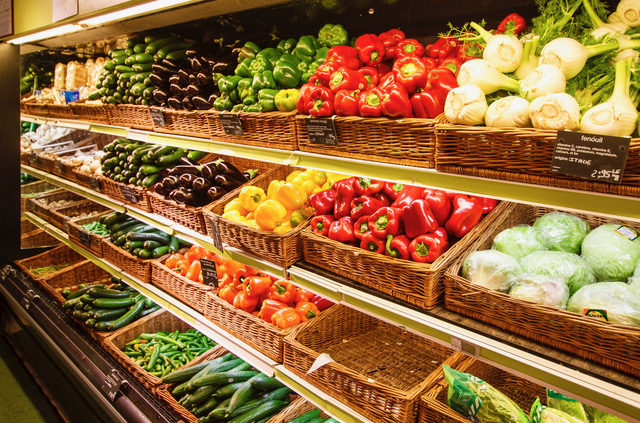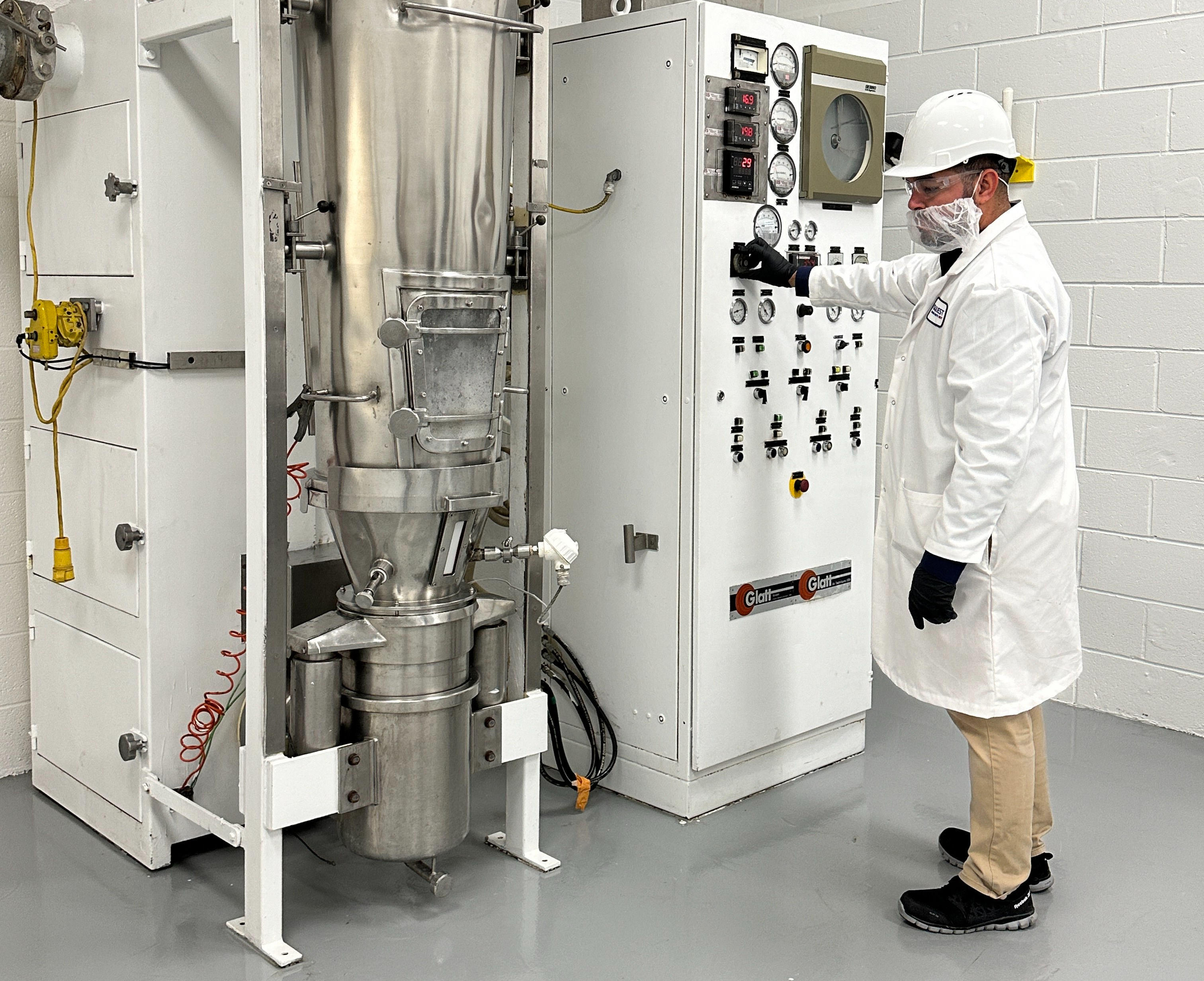
Report Says Consumers Forgoing Packaged Food for Fresh Food

To combat this, packaged food brands have tried to meet health-concious consumers halfway by lowering the fat and sugar content of their products or removing an undesirable ingredient. But consumers are looking for more than what these brands can offer: natural, unprocessed food. This poses a more difficult problem for companies because unlike previous health-trends there is not necessarily a defined enemy such as carbohydrates or trans fat. While one can argue that genetically modified organisms can fit the definition of a defined enemy which many have made the effort to remove and certify via The Non-GMO Project, but the desire for organic and products with minimal ingredients is more difficult for packaged food companies to meet.
This trend seems to point to the growth of stores that offer more fresh food and natural products and the number of natural brands showing up on mainstream store shelves. According to Nielsen data, companies that offer more fresh food are growing faster, experiencing a 4% growth in sales last year, compared with 1% for other stores.
Another difficulty big brands are having is when customers do visit center aisles, they are more likely to grab non-brand name, private label items. Experts say consumers’ aversion to private label was overcome during the recession and consumers now enjoy the value of private label with comparable quality. Consumers are also opting for newer, emerging brands that share their values over established brands.
Big name brand companies are therefore considering investing more into their natural products or acquiring smaller industry players that have a hand in the natural food arena. They are even considering ditching brands that are under performing. For example, Nestle announced that it was considering selling its confectionary business that includes Butterfingers and Baby Ruth. In terms of mergers and acquisitions, Campbell Soup Company has been buying up natural brands (such as Bolthouse Farms), foreseeing this major shift in consumer interest. There is also Kellogg which acquired Kashi in 2000, General Mills which bought organic food company Annie's in 2014 and Unilever which purchased fancy ketchup maker Sir Kensington this year.
The issue, says the report is that while legacy brands are selling, they are not growing and therein is the challenge. Acquiring smaller natural brands may help but it may take more than just adding a natural brand to one’s portfolio as bigger natural brands outperform established conventional brands. For example, the growth of Chobani Greek Yogurt has greatly surpassed the sales of General Mills’ Yoplait and since 2015, the sales of General Mills’ yogurt has decreased by 24%.

The editorial team at WholeFoods Magazine has decades of experiences reporting on natural products industry news, trends, and more. This national, monthly business-to-business magazine has been published continuously for nearly 40 years (the magazine was founded in 1977, and has been owned by Wainer Finest Communications since 1984). It is the longest-tenured media outlet of its kind in the natural products industry. The editorial focus at WholeFoods Magazine is, and always has been, on informing and educating members of the natural products industry.
The Magazine
Information
About Us
NOTE: WholeFoods Magazine is a business-to-business publication. Information on this site should not be considered medical advice or a way to diagnose or treat any disease or illness. Always seek the advice of a medical professional before making lifestyle changes, including taking a dietary supplement. The opinions expressed by contributors and experts quoted in articles are not necessarily those of the publisher or editors of WholeFoods.







